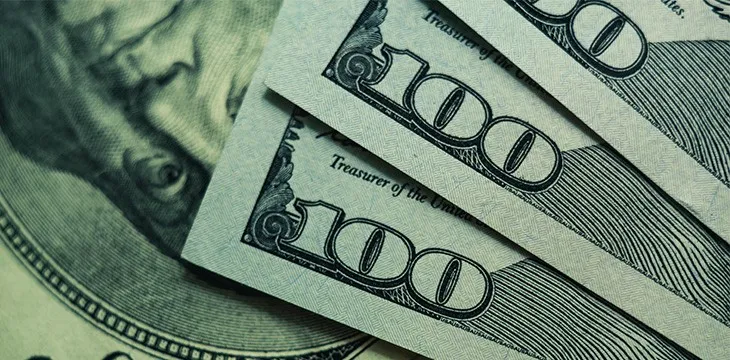|
Getting your Trinity Audio player ready...
|
If at first you don’t succeed, try at least once more. A handful of lawmakers in the U.S. is breathing new life into a bill that would, if passed, allow some cryptocurrency activity to be exempt from tax liabilities. The Virtual Currency Tax Fairness Act of 2020 hopes to amend the tax code of the Internal Revenue Service (IRS), relieving some of the burden on smaller crypto gains.
The legislation was submitted by Representatives Suzan DelBene, David Schweikert, Darren Soto and Tom Emmer. It would allow gains under $200, referred to as a de minimis threshold, to not have to be reported, and would update the 2014 IRS code that defined crypto and other forms of “convertible virtual currencies” as taxable commodities. If accepted, it would be a huge benefit to crypto enthusiasts who see their holdings increase as prices improve without changing tax requirements for deep-pocketed investors. All transactions as of December 31 of last year would be eligible for the updated legislation.
This isn’t the first time that a bill of this nature has been attempted. A similar bill, also sponsored by Schweikert, was submitted in 2017; however, that legislation set the de minimis limit at $600. As a result, neither the IRS nor Congress was impressed, and the bill died while being discussed by the House.
With the crypto space improving and gaining more recognition, it’s possible that the effort might have better chances this time around. According to Coin Center’s Neeraj Agrawal, who has been working with the lawmakers sponsoring the bill, “Extending this sensible exemption to cryptocurrency would allow users to do simple things like send small transactions to each other or fractions of pennies to [decentralized applications] without having to deal with a fairly complicated capital gains calculation every time.”
Lawmakers in the U.S., working on input from their constituents, have been trying to get the IRS to clean up its guidance related to crypto for a couple of years. It made a plea to the tax collector in 2018 for guidance, but what they were given wasn’t clear enough. More than a year later, there are still a lot of unanswered questions, and legislators went back to the IRS in December, requesting that additional input be provided. That input is still pending.

 07-02-2025
07-02-2025 





